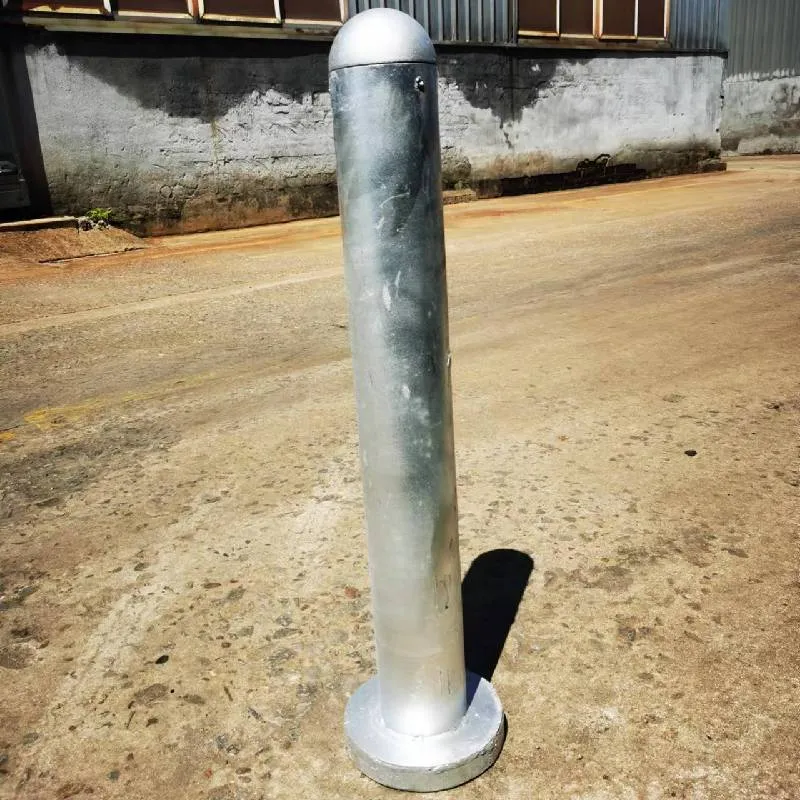Versatile Security Solutions with Lockable and Removable Bollards for Enhanced Safety
The Importance of Lockable and Removable Bollards in Urban Spaces
Urban areas are constantly evolving, with a growing emphasis on safety, accessibility, and traffic management. Among the many tools available to city planners and designers, lockable and removable bollards have gained significant attention for their versatility and effectiveness. These structures not only enhance the aesthetic appeal of an area but also serve vital functions in controlling vehicle access and ensuring pedestrian safety.
What Are Lockable and Removable Bollards?
Lockable bollards are typically made of sturdy materials such as steel or concrete and are designed to be fixed in place. They come with a locking mechanism that allows them to be securely placed in a position and, when needed, removed or lowered to allow vehicular access. Removable bollards, on the other hand, are intended to be taken out entirely, providing flexibility when reconfiguring urban spaces. This combination makes them especially appealing for areas that require adaptive use, such as pedestrian zones, event spaces, and plazas.
Enhancing Safety and Security
One of the primary reasons for integrating lockable and removable bollards into urban design is the enhancement of safety. These bollards can effectively manage traffic flow by preventing unauthorized vehicle access to pedestrian areas. For instance, they can be placed in front of parks, shopping districts, or outdoor dining areas, ensuring that pedestrians can move freely without the threat of vehicles encroaching on their space. Additionally, the presence of these bollards can deter criminal activity, as the physical barrier creates an added layer of protection for vulnerable areas.
Traffic Management and Flexibility
lockable removable bollards

In many urban settings, the ability to adapt to changing circumstances is crucial. Lockable and removable bollards provide city planners with the flexibility to manage traffic efficiently. For example, during special events or festivals, these bollards can be removed to allow for increased vehicle access and parking. Conversely, once the event is over, they can be replaced to restore the area to its pedestrian-friendly state. This adaptability makes them an ideal solution for cities that host frequent events or have varying traffic patterns.
Aesthetic Appeal
Beyond functionality, lockable and removable bollards can be designed to complement the architectural elements of their surroundings. Available in a variety of materials, finishes, and colors, they can enhance the aesthetic appeal of streetscapes. This aspect is particularly important as urban areas strive to create visually attractive environments that encourage foot traffic and community engagement. Designers can choose bollards that align with the overall theme of a space, creating a cohesive look that integrates with public art, landscaping, and outdoor furniture.
Environmental Considerations
In an era where sustainability is paramount, the materials and designs of lockable and removable bollards can also reflect eco-conscious practices. Many manufacturers offer options made from recycled materials or sustainable resources, contributing to a city’s environmental goals. Furthermore, using innovative designs can help minimize the carbon footprint associated with manufacturing and installation.
Conclusion
The implementation of lockable and removable bollards represents a significant advancement in urban design, combining safety, flexibility, aesthetic appeal, and environmental consciousness. As cities continue to grow and adapt to the needs of their residents and visitors, these structures will undoubtedly play a crucial role in creating safe, accessible, and inviting public spaces. By integrating lockable and removable bollards into urban planning, we can foster environments that not only prioritize the welfare of pedestrians but also enhance the overall charm and functionality of our cities. Their versatility makes them an essential component in the toolkit of modern urban design, paving the way for safer and more enjoyable urban experiences.
-
The Smarter Choice for Pedestrian AreasNewsJun.30,2025
-
The Gold Standard in Round Drain CoversNewsJun.30,2025
-
The Gold Standard in Manhole Cover SystemsNewsJun.30,2025
-
Superior Drainage Solutions with Premium Gully GratesNewsJun.30,2025
-
Superior Drainage Solutions for Global InfrastructureNewsJun.30,2025
-
Square Manhole Solutions for Modern InfrastructureNewsJun.30,2025
-
Premium Manhole Covers for Modern InfrastructureNewsJun.30,2025
